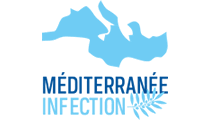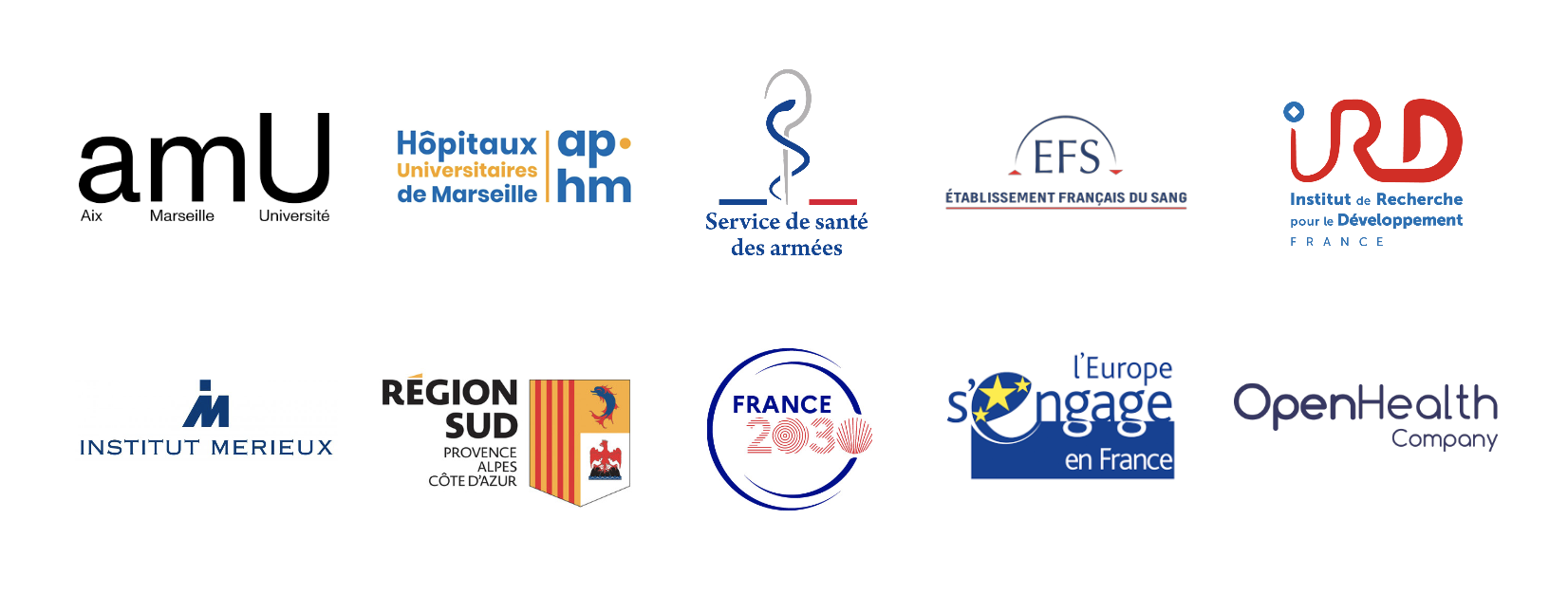Domaines de compétence et activités :
Les principales thématiques développées sont axées sur le paludisme et plus particulièrement sur les médicaments antipaludiques : diagnostic du paludisme, surveillance de la sensibilité de Plasmodium falciparum aux antipaludiques, identification de nouveaux marqueurs moléculaires de la résistance, identification et développement de nouveaux médicaments antipaludiques, connaissances sur le mode d’action et le mécanisme de résistance aux antipaludiques.
Publications représentatives de l’activité hospitalière :
- Robert MG, Foguim Tsombeng F, Gendrot M, Mosnier J, Amalvict R, Benoit N, Torrentino-Madamet M, Pradines B. Absence of a high level of duplication of the Plasmepsin II gene in Africa. Antimicrob Agents Chemother., 2018, 62:e00374-18.
- Gaillard T, Boxberger M, Madamet M, Pradines B. Has doxycycline, in combination with anti-malarial drugs, a role to play in intermittent preventive treatment of Plasmodium falciparum malaria infection in pregnant women in Africa. Malar J., 2018, 17:469.
- Malvy D, Torrentino-Madamet M, L’ollivier C, Receveur MC, Jeddi F, Delhaes L, Piarroux R, Millet P, Pradines B. Plasmodium falciparum recrudescence two years after a first treated uncomplicated infection without return in a malaria endemic area. Antimicrob Agents Chemother., 2018, 62:e01892-17.
- Javelle E, Madamet M, Gaillard T, Velut G, Surcouf C, Michel R, Garnotel E, Simon F, Pradines B. Delayed falciparum malaria after doxycycline prophylaxis, Central African Republic. Antimicrob. Agents Chemother., 2016, 60:2592-2593.
- Madamet M, Gaillard T, Velut G, Ficko C, Houze P, Bylicki C, Merat S, Houze S, Taudon N, Michel R, Pasquier P, Rapp C, Pradines B. Malaria prophylaxis failure with doxycycline, Central African Republic, 2014. Emerg. Infect. Dis., 2015, 21:1485-1486.
Statut/Grade :
PharmD, PhD ; chef de l’unité parasitologie et entomologie (Institut de recherche biomédicale des armées) ; directeur du laboratoire associé au Centre national de référence du paludisme
Mot-clé :
Paludisme, antipaludiques, résistance, surveillance épidémiologique, marqueurs moléculaires de résistance




